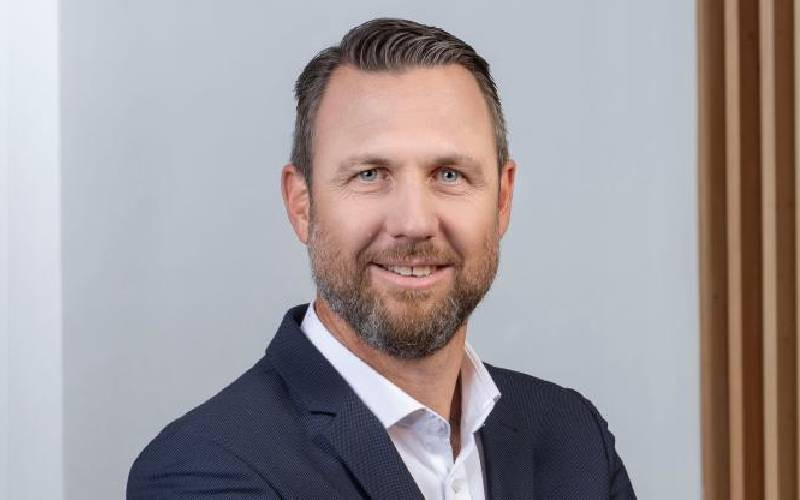×
The Standard e-Paper
Kenya’s Boldest Voice

Michael Sinclair is the BIC East Africa General Manager, a subsidiary that he helped set up in 2019. Sinclair has held senior managerial roles at the firm's parent company headquartered in France.
BIC, a giant multinational, is over 75 years old and operates in more than 160 countries. As a world leader in stationery, lighters and shavers, BIC aims to bring simplicity and joy to everyday life by providing high-quality, affordable, and essential products to consumers.